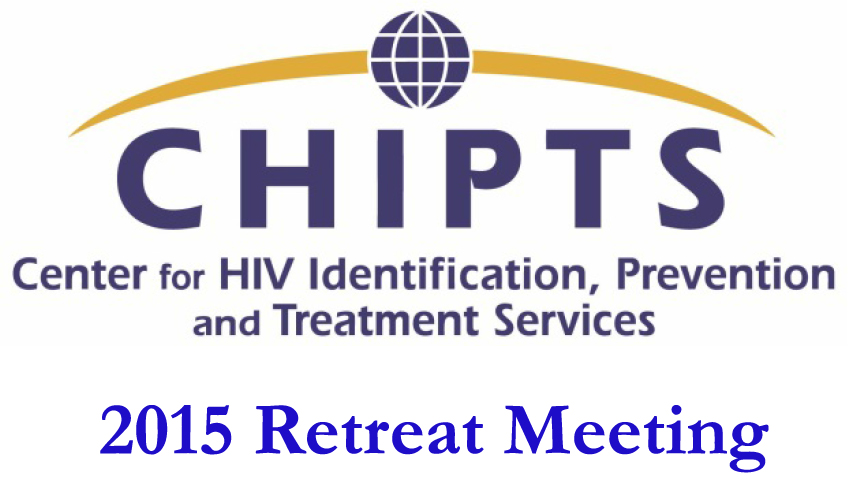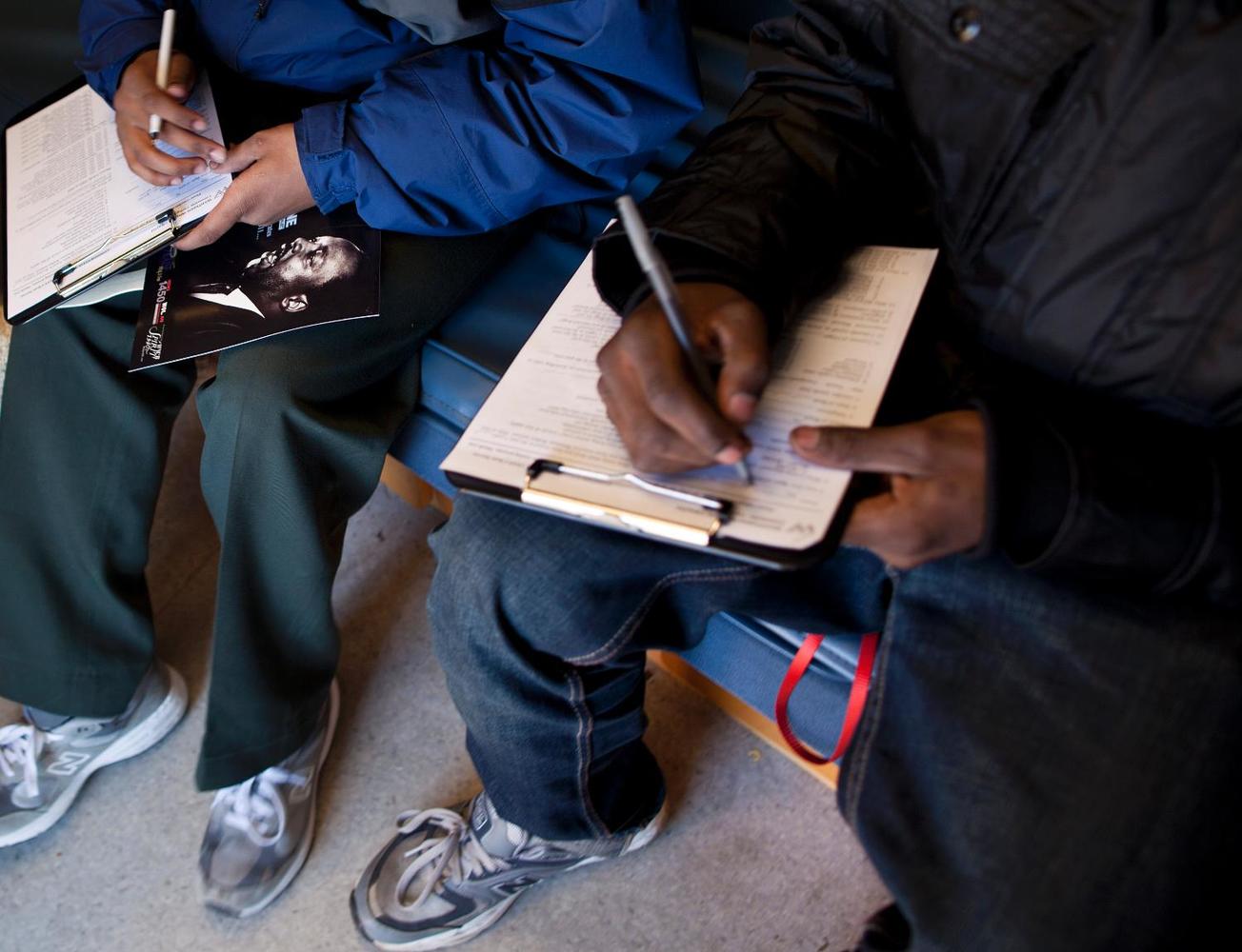
On Monday, September 21, 2015, CHIPTS hosted their annual retreat meeting, “Addressing Co-Morbidities to Reduce New HIV Infections and to Improve Health Outcomes,” at the LUXE Sunset Bouvelard Hotel in Los Angeles. The Center will compete for its 5-year renewal in early Fall 2016 and will spend the next 12 months preparing for its application to NIMH. The retreat served as the launching pad for this year-long strategic planning process, as CHIPTS critically reflects on the current epidemic, science, and political and economic environment that impact its research.
To help guide the discussion, the retreat included presentations from leadership from four of major systems of care delivery in LA County: Department of Public Health, Department of Health Services, LA Care (the largest provider of Medicaid funded health services in Los Angeles County and is responsible for care for 1.8 million persons) and the Sheriff’s Department. Mario Perez, MPH (Department of Public Health, Director for HIV and STD Programs-DHSP) presented on the “leaky cascade” in Los Angeles County. He showed significantly reduced numbers of HIV-positive people unaware of their diagnoses and showed higher percentages of people engaged in the care cascade at all levels compared to national numbers. Anish Mahajan, MD (Department of Health Services, Director of System Planning, Improvement and Data Analysis) presented the overarching strategy for the “integrated care system” design for health services for 450,000 patients in LA County Health Clinics, especially the 7 HIV care clinics within the system funded by County and Ryan White Care Act funds. Clayton Chau, MD, PhD (Director of Behavioral Health, LA Care) presented on the challenges he faces in addressing the LA Care environments to ensure access to high quality HIV care and prevention, particularly for those who are living with mental and physical comorbidities. Martha Tadesse NP, RN (HIV Medical Liaison, Sheriff’s Department) presented data showing prevalence of major depression (60%) and substance use disorders (50%) in the HIV Unit. Recent observations were between 2 and 6 new HIV infections detected each week, most are 18-25 year old Black MSM.

The second half of the day was focused on planning the next 5 years, setting priorities, and identifying action steps for each of the CHIPTS Science Cores (Global Capacity, Combination Prevention, Methods, and Policy), as it relates to addressing comorbidities in HIV-positive and at-risk negative individuals with the overall goal of HIV elimination.



[Download not found]
[Download not found]









